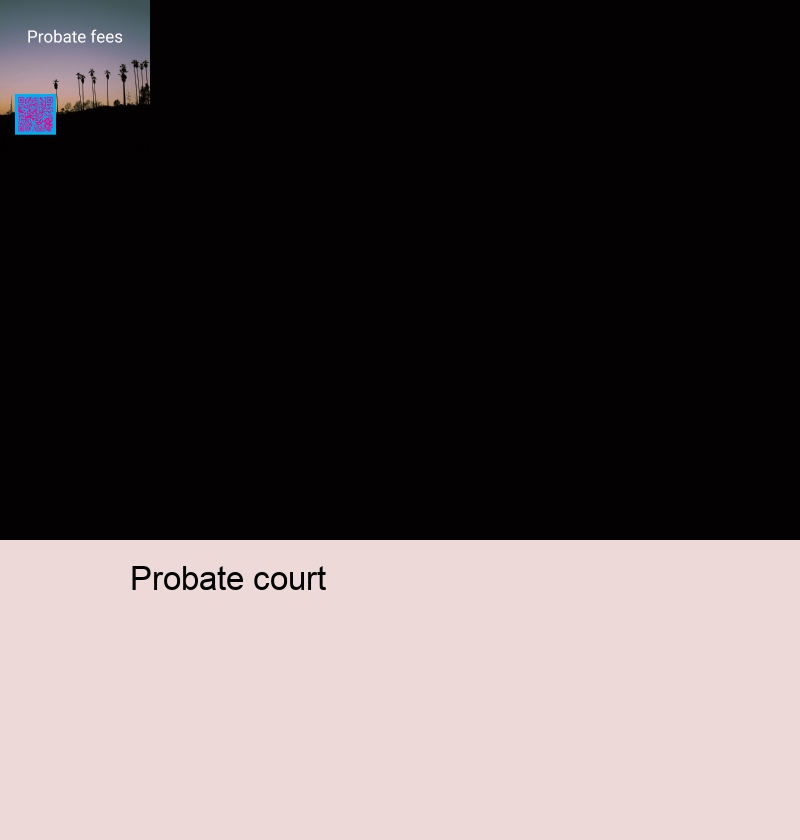probate court
intestacy laws

What is Probate and How Does It Work?
The Probate Process: A review of the steps involved in probate, including filing a petition with the court, alerting heirs and creditors, and inventorying the deceased's properties.
Probate is a legal procedure that occurs after somebody passes away, during which the deceased person's estate is correctly dispersed to heirs and assigned beneficiaries, and any kind of debt owed by the deceased is settled.
Probate court - probate lawyer
- Heirs
- taxes
- estate taxes
- attorney fees
- decedent
- estate
- living trust
The initial step in the probate process typically entails filing a petition with a probate court to either confess the will certainly right into probate and assign an executor or, if there's no will, to select an administrator for the estate. This petition may include fatality certifications, the original will, and various other documents called for by legislation.
As soon as this initial step is cared for, heirs and creditors need to be officially alerted.
Probate court - estate
- tax
- estate
- decedent
- probate court
- tax
Probate court - tax
- probate court
- probate court
- probate court
- probate court
- probate court
- probate court
- probate court
Following notice comes inventorying of all properties coming from the deceased person. estate Possessions may include real property (realty), bank accounts, safety and securities such as stocks or bonds, personal effects like cars or precious jewelry, and various other belongings of value. This in-depth inventory offers multiple purposes; not only does it establish what there is to distribute among heirs yet additionally assists make certain that all prospective creditor cases are dealt with.
The following phase involves paying financial obligations and taxes out of the estate's properties.
Probate court - probate court
- estate
- decedent
- probate court
- estate
- decedent
Only after these steps have been completed does circulation come into play-- possessions are alloted according to terms stated in a valid will (testate) or according to intestacy laws if no valid will certainly exists (intestate). If disagreements occur concerning analyses of a will or pertaining to rightful heirs-- which can take place-- the court hearings required to fix such problems become part of this process also.
Finally comes closing out probate with last accountancies sent by executors/administrators mirroring actions taken throughout management including circulations made-- a formal closure approved by court order signals end-of-process.
Throughout each stage in probate process detail-oriented administrative job plays greatly; for that reason numerous engaged pick professional aid from lawyers experienced in trust & estates issues due largely in part both for support via complex legal terrain also for assurance all tasks performed line up with particular laws governing particular cases at hand ensuring smoothest resolution possible given circumstances surrounding each unique situation encountered post-mortem transition ownership stewardship legacy left behind someone dearly departed remembered respectfully always therein lies heart matter called "probate".
intestacy laws
Probate court - Estate Administration
- trust funds
- trust
- attorney
- last testament
- joint tenants with rights of survivorship
- inheritance taxes
- deceased